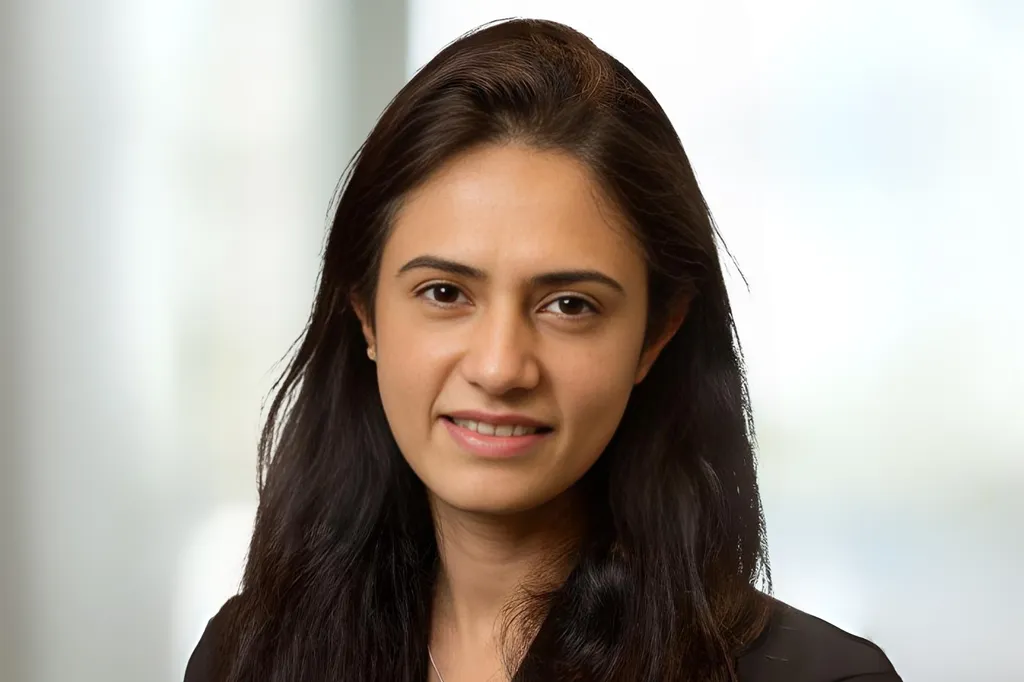In a fast-moving world where change unfolds at a breathtaking pace, trust remains a keystone and is as dependent as ever on the human factor. In this context, CaixaBank is intensifying its efforts to attract top technical talent.
When the pandemic hit, society quickly shifted to a digital-only mindset, but in the five years that have gone by since then, human interaction and hybrid settings have proven to be as equally valuable, with digital customers and younger generations increasingly seeking personalised support for complex or atypical transactions.
That is why the greatest competitive advantage in the financial industry lies in having highly trained professionals who support and advise clients, while being equipped with the right technologies to offer tailored experiences.
As highlighted in The Global Risks Report 2025, published by the World Economic Forum (WEF), in addition to geopolitical tensions, the shortage of skilled talent stands out as one of the key risks businesses must navigate this year.
In this sense, labour shortages in several sectors are likely to become a characteristic of super-ageing societies unless policies shift, according to the survey. Super-ageing societies will pose global economic and labour-market challenges, even for countries still benefiting from their demographic dividend.
Labour and talent shortage is also ranked second globally according to the WEF´s Executive Opinion Survey (EOS) and selected as the top risk in Europe and Eastern Asia, where super-ageing is most pronounced. Twenty-one countries place the risk in first place, including two of the most super-ageing societies, Japan and Germany, while 40 other economies view it as one of the top five risks.
These new challenges and the evolving financial landscape demand agile, highly skilled professionals with an innovative mindset not only to address emerging client needs but, in case of the big, traditional players, also to compete with digital-only neobanks.
How CaixaBank meets new industry demands
CaixaBank’s extensive branch network — the largest in Spain — positions the bank as a frontrunner in meeting these challenges, offering a strategic advantage in delivering specialised, customer-centric service.
The bank has embraced generative AI as a powerful tool that offers great potential in elevating the client experience, but it still recognises talent as the driving force behind growth, positioning itself to stay ahead of the market.
As part of its strategic vision, CaixaBank is intensifying its efforts to attract top technical talent. The group plans to recruit nearly 1,000 professionals with specialised expertise, reinforcing its transition to a skills-based talent management model — moving beyond traditional, linear career paths. This plan is part of the program to hire nearly 3,000 professionals under the age of 35 by 2027 to foster young talent.
CaixaBank remains deeply committed to its people — the driving force behind innovation, excellence, and leadership in the banking industry. To foster this, the company actively invests in leadership development, cultural transformation, and diversity programs.
More than just attracting talent, CaixaBank aims to nurture and develop it, ensuring that every professional has the resources and opportunities to grow and make a meaningful impact. The company also actively supports entrepreneurs and startup projects.
Innovation as a differentiator
This commitment to attracting new talent and adapting to society’s needs can further be seen in the total investment of €5 billion that has been allocated to initiatives that reinforce the bank’s leadership in innovation, as part of the Cosmos Plan.
Innovation, embedded in CaixaBank’s DNA, has led to the development of cutting-edge solutions, services, and practices that meet evolving client expectations while upholding the highest standards of security and transparency. In this sense, CaixaBank became the first bank in the world to apply quantum computing in investment portfolio hedging calculation in the insurance sector in a proof of concept.
Imagin, CaixaBank’s neobank, exemplifies this pledge to lead the pack when it comes to innovation. In February, it launched its own startup incubator, reinforcing its leadership in the digital finance space. Additionally, CaixaBank has entered the second phase of its generative AI strategy, aimed at enhancing both customer and employee experiences by boosting productivity and efficiency — freeing professionals to focus on higher-value tasks.
Technology is driving greater integration and optimisation across physical, remote, and digital channels, offering increased flexibility, efficiency, and ultimately, an enhanced customer experience. CaixaBank’s network flexibility enables it to deliver personalised service while strengthening its commercial strategy. At the same time, the bank has modernised and redesigned its digital channels to further improve user experience, accelerate digital sales, and develop new capabilities — including a more streamlined, efficient, and intuitive mobile app.
Investing further
CaixaBank strengthens its focus within innovation economy through a new funding instrument, with €150 million, targeted at scale-ups and consolidated technology-based start-ups in Spain and Portugal.
DayOne, is its own division focused on technology companies and their investors. Focusing on innovation, digital talent, entrepreneurship, and sustainability, the bank has developed a dynamic program of activities, presentations, and experiences that showcase its commitment to the tech ecosystem, the entrepreneurial world, and digital talent, as demonstrated recently at Mobile World Congress (MWC) and 4YFN in Barcelona.
All in all, the bank has put innovation at the forefront of its new Strategic Plan, and is working tirelessly towards a transformation that will allow it to be ready and able to succeed in a more digital and competitive environment, supported by a stronger technological platform.





